
A new study that asked parents to guess the sugar content in the foods they feed their children showed that families are grossly underestimating how much sweeter foods are than they think.

A new study that asked parents to guess the sugar content in the foods they feed their children showed that families are grossly underestimating how much sweeter foods are than they think.
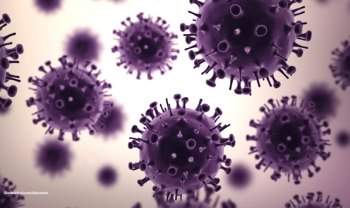
While the ACIP continues to recommend the intranasal flu vaccine for the coming year, AAP is being more cautious in its recommendation due to limited data on last year’s performance.
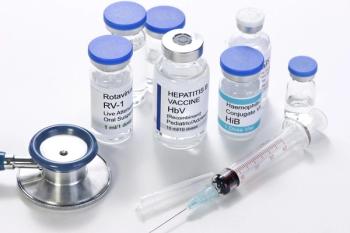
The number of kindergartners starting school without protection against vaccine-preventable diseases is increasing in states that allow nonmedical exemptions to recommended immunizations.

New data from the Centers for Disease Control and Prevention reveal that 1 in 7 teenagers is abusing opioids, and sexual minorities face growing health disparities and health risks.

The early years in an infant’s life set the stage for building one’s ability to learn. Pediatricians play a pivotal role in providing early intervention for any factors that might affect a child’s school readiness and future life course.
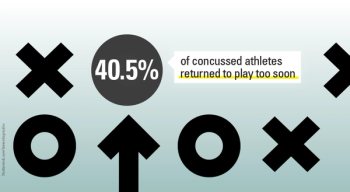
Pediatricians need to understand both pathophysiology and management of concussion to correctly address the question of return-to-play for athletes after a jolt to the head.

Infants born to mothers who receive vitamin D supplementation while pregnant are at reduced risk of being small for gestational age and experience improved growth during infancy, with no increased risk of fetal or neonatal mortality and congenital malformation. These were major findings of a systematic review and meta-analysis of 24 randomized controlled trials involving 5405 participants.
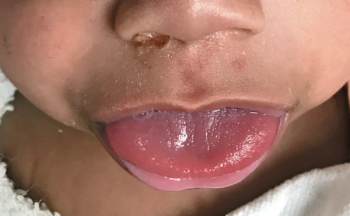
A 33-year-old female, G3P1011, was transferred from an outside facility at 33 weeks and 6 days gestation for anticipated preterm delivery secondary to preeclampsia. On prenatal ultrasound, her fetus was diagnosed with an omphalocele and delivery was preferred at an institution with a neonatal intensive care unit to manage the infant.

Most parents of young children who are overweight or obese think their child’s weight is “just right,” according to a study conducted in Sweden. However, as their child grows older, more parents recognize when their child is too heavy-especially if he or she has reached the level of obesity.
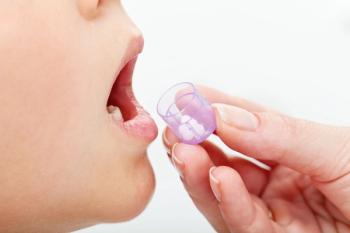
Physicians, parents/caregivers, and school personnel must ensure that children are not harmed by medication errors in the provider’s office, at home, or at school.

Compared with their peers who spend no more than 2 hours each weekday exposed to digital media, school-aged children who are in front of screens for longer are less likely to be doing well overall, according to their parents. Furthermore, how much digital media exposure (DME) a child gets is inversely related, in a dose-dependent manner, to markers of childhood “flourishing.”

This month marks the return to school for your patients. Here are some tips to help both students and their parents get a good start.
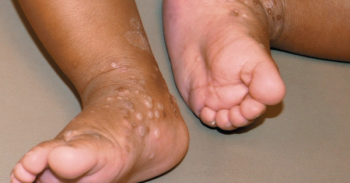
An anxious mother brings her healthy 4-month-old daughter for evaluation of itchy pustules on both hands and feet. The eruption has persisted despite 2 courses of permethrin for scabies. The infant also was diagnosed with hand-foot-and-mouth syndrome and dyshidrotic eczema, but neither of these diseases fit clinically.

The startling increase in the number of adolescents thinking about and attempting suicide is a wake-up call for pediatric healthcare providers to take action and help these children at risk.
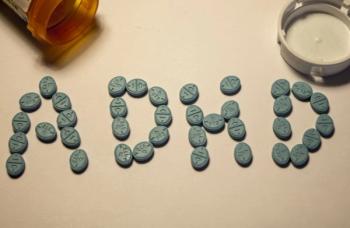
A new study examined whether nonpharmacologic interventions for ADHD could support new guidance for their use.

For Contemporary Pediatrics, Dr Bobby Lazzara discusses a prospective population-based cohort study published in JAMA Pediatrics that examines whether a link exists between early preterm birth and the development of attention-deficit/hyperactivity disorder (ADHD).

Only 20% of all children covered under Medicaid received a mental health diagnosis, and 80% were given at least 1 prescription medication to treat their condition, according to a recent report.

No one wants to make an error, let alone an error that is life threatening. How can individual or group providers create a culture of safety within their practices?

Clinicians and parents aren’t having the sex talk with teenagers as often as they should, according to a new study, and parents aren’t sure whether it’s a doctor’s place to get involved.

Suicide rates are rising, according to a new report. There is no singular cause for this rise, and the same is true for the solution.
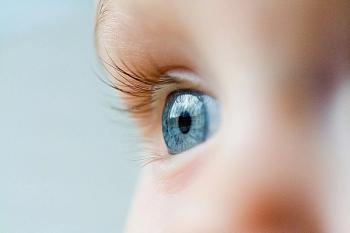
Technology bested several experts in diagnosing retinopathy of prematurity (ROP) in a new study that researchers hope will improve diagnosis and management of infants affected by the potentially blinding condition.
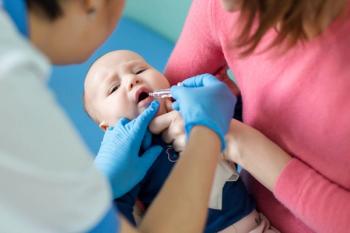
A new report reveals that hospitalizations for afebrile seizures, as well as for gastroenteritis, have dropped since the introduction of a rotavirus vaccine in 2006.
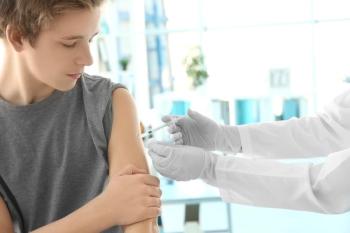
Provider recommendations are helpful in increasing vaccination rates for human papillomavirus (HPV), but could be utilized more, says a new report.
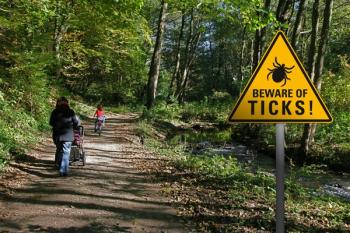
Diseases caused by ticks and mosquitoes are creating a growing threat, and the Centers for Disease Control and Prevention shares tips for pediatricians to find and prevent these diseases through early recognition.
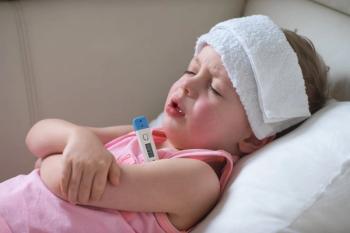
For all patients with recurrent infections, early detection and treatment are critical to avoid the life-altering adverse effects of an underlying, untreated immunodeficiency disorder.

Despite the high prevalence of congenital cytomegalovirus, many pediatricians and even obstetricians lack knowledge and awareness of the adverse sequelae of this disease on children.

Physician brings the lessons of ED medicine to private practice.

Diagnostic and medication errors frequently occur in pediatric practices, but even minor medical errors can be prevented by creating a culture of safety.

Researchers at Wisconsin Children’s Hospital in Milwaukee, Wisconsin, found that 100 children who visited a pediatric emergency department (ED) with a reported history of penicillin allergy based on low-risk symptoms all had negative allergy testing for penicillin and all tolerated a penicillin challenge (500 mg of oral amoxicillin) without developing a severe allergic reaction. Penicillin allergy labels were removed from these children’s hospital medical records.
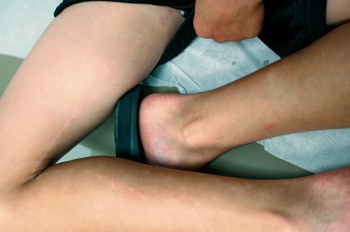
The worried mother of an 11-year-old boy arrives at the office for evaluation of an asymptomatic bumpy rash that appeared suddenly in his right groin a month ago, and that has now extended all the way down to his right ankle. What's the diagnosis?